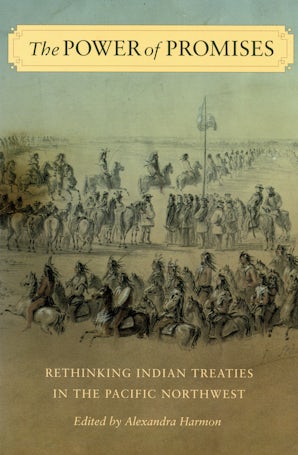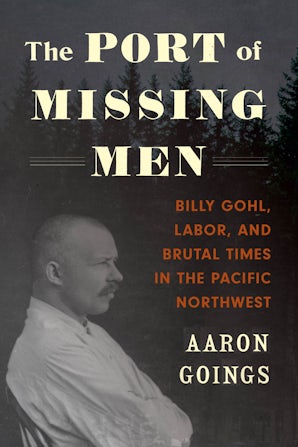"[Harmon] provides an informative context behind the 1978 Oliphant v. Suquamish decision, which removed tribal jurisdictions over non-Indians. This background elucidates the history of tribal jurisdiction over non-Indians, numerous court decisions favoring tribal sovereignty, the evolution of Indian-issue lawyers, tribal decision makers, the place of activists in the campaigns for sovereignty, and case studies of both the Quinault and Suquamish reservation issues. Students of policy and law will benefit from the extensive analysis of the Oliphant case, which includes plausible alternative approaches that might have made the tribal position more effective."
-
Choice
"Reclaiming the Reservation should be essential reading for anyone interested in federal Indian law and policy andis useful for those who want to know more about how historians and judges tell stories about the past."
-
Western Historical Quarterly
"Like all good historiography, the story is rich in people with big ideas and chutzpah who beat their heads against convention and established institutions...Reclaiming the Reservation gives them proper recognition as the yeast that gave western Washington tribes the confidence to reassert their cultural and political identities and reclaim collective power in the twentieth century."
-
Native American and Indigenous Studies Journal
"[T]his clearly written and detailed book... is much more than the story of one lost case. It also documents the ongoing activism and ingenuity of the Quinault and the Suquamish communities and shows, most importantly, what happened outside of the courtroom—in congressional hearings, forests, universities, tribal offices, beaches, intertribal meetings, conferences, and fishing grounds."
-
Pacific Historical Review
"Reclaiming the Reservation offers an unmatched synopsis of Native American sovereignty cases in a rich historical narrative that emphasizes Indigenous activism. Harmon moves seamlessly between local and national efforts, successfully articulating legal arguments in a human context... [S]imply an exceptional contribution that makes plain an otherwise-complicated field."
-
Journal of American History
"[A] surprisingly well-balanced look at how tribes have weathered colonialism as tribal nations continue to examine ways to affirm their sovereignty."
-
Tribal College Journal
"[T]his body of work opens critical intertribal dialogue with Native readers across Indian country…[A] pivotal Native American studies work that boldly demands the inclusion of community experiences outside the courts as a manner to revisit, rewrite, and re-right legal and policy analyses."
-
American Indian Culture and Research Journal
"Although Harmon has worked as an academic for the past few decades, teaching in the American Indian studies program at the University of Washington, she previously represented various tribes in Washington state, including a stint as the staff attorney for the Suquamish. Harmon makes clear from the outset that she is by no means a neutral, dispassionate observer of the history she writes about... [and she] builds her case through a careful study of Quinault and Suquamish tribal histories."
-
American Historical Review










